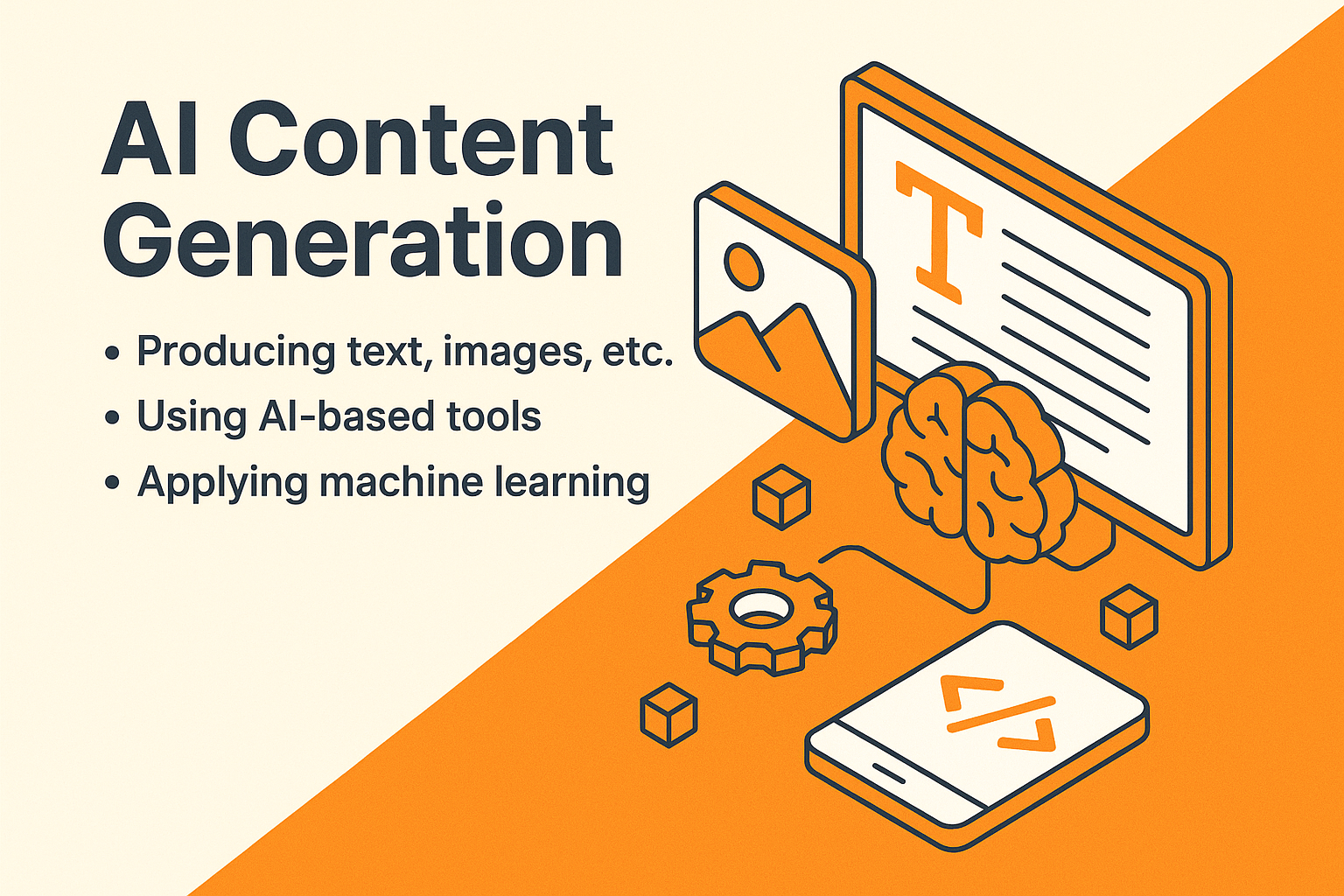Schedule a Demo
In my experience working with product managers in the education sector, I've noticed that finding the right vendor is more than just a transaction; it's about understanding the unique needs of this industry. Education demands solutions that are scalable, secure, and capable of integrating with existing systems, all while being user-friendly for both educators and students. The challenge lies in aligning these requirements with a vendor's capabilities, which can be a daunting task for even the most seasoned product managers.
Product managers today often turn to digital platforms to streamline their search for vendors. Websites like Capterra and G2 Crowd provide comprehensive reviews and comparisons, helping product managers in education to make informed decisions. These platforms offer insights into user experiences, pricing, and feature sets, which are crucial for selecting a vendor that meets the specific needs of educational institutions.
Networking remains a powerful tool for product managers. Attending industry-specific events like the ASU+GSV Summit or the EdSurge Fusion Conference can provide direct access to potential vendors. These events offer a chance to engage with vendors in person, understand their offerings, and gauge their commitment to the education sector. I've seen firsthand how these interactions can lead to partnerships that drive innovation and growth.
Professional networks and referrals can be invaluable in the search for the right vendor. In my work, I've facilitated connections between product managers and trusted vendors through platforms like LinkedIn. Recommendations from colleagues within the industry often carry significant weight, as they come from individuals who understand the nuances of educational technology and its implementation.
When evaluating potential vendors, it's essential to assess not only their technical capabilities but also their cultural fit with your organization. A vendor's ability to understand and align with the mission and values of your educational institution can significantly impact the success of the partnership. I recommend conducting thorough interviews and requesting case studies or references to ensure that the vendor's approach resonates with your team's ethos.
Request for Proposals (RFPs) are a structured way to solicit detailed information from vendors. They allow product managers to specify their requirements and evaluate responses systematically. However, crafting an effective RFP requires a deep understanding of the educational needs and the ability to articulate them clearly. I've seen RFPs lead to successful vendor partnerships when they are well-designed and targeted.
It's tempting to focus on immediate needs when selecting a vendor, but product managers in education should prioritize long-term partnerships. Vendors who are committed to ongoing support, updates, and innovation can be more valuable in the long run. I've observed that fostering these relationships can lead to customized solutions that evolve with the changing landscape of education technology.
One of the biggest challenges in education is ensuring that new vendor solutions integrate seamlessly with existing systems. Product managers must evaluate potential vendors on their ability to work within the current tech ecosystem. This includes assessing their API capabilities, data security measures, and compatibility with learning management systems (LMS). I've found that vendors who prioritize integration tend to offer more sustainable solutions.
Vendor support and training are critical for the successful implementation of new technology in education. Product managers should look for vendors who offer comprehensive training programs and responsive support teams. I've seen how effective support can empower educators to maximize the use of new tools, leading to better outcomes for students.
Understanding and negotiating vendor contracts is a skill that product managers must master. Contracts should clearly outline service level agreements, data privacy policies, and terms of renewal. I advise product managers to involve legal counsel to ensure that the contract aligns with the institution's policies and protects its interests.
Pilot programs can be an effective way to test a vendor's solution before committing to a full-scale implementation. They allow product managers to assess the technology's impact on users and gather feedback for further refinement. I've seen pilot programs lead to successful long-term partnerships by providing a real-world test of the vendor's capabilities.
While cost is always a consideration, product managers must balance it with the quality and innovation offered by a vendor. Cheaper solutions may not always provide the best value, especially in an industry where innovation can drive educational outcomes. I recommend evaluating vendors based on their track record of innovation and their ability to deliver high-quality solutions at a reasonable cost.
To make informed decisions, product managers must stay abreast of the latest trends in educational technology. Subscribing to industry publications, joining relevant associations like the International Society for Technology in Education (ISTE), and participating in webinars can keep product managers updated. I've found that staying informed helps in selecting vendors who are at the forefront of educational innovation.
Selecting the right vendor in the education sector requires a strategic approach that considers the unique needs of the industry, the capabilities and cultural fit of potential partners, and the long-term benefits of the partnership. By leveraging digital platforms, networking, and professional referrals, product managers can find vendors who will help drive innovation and improve educational outcomes. Based on available research, individual results may vary, but a thoughtful and thorough vendor selection process is crucial for success in the ever-evolving field of educational technology.
